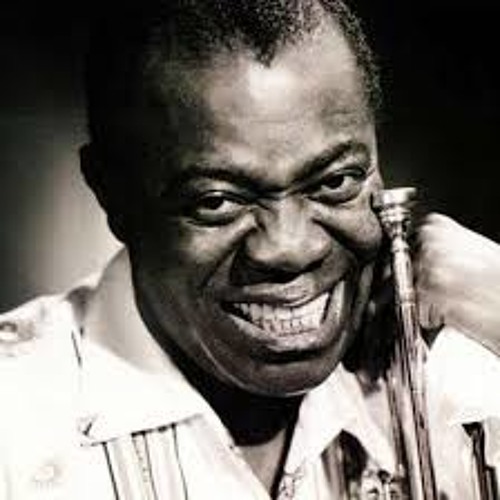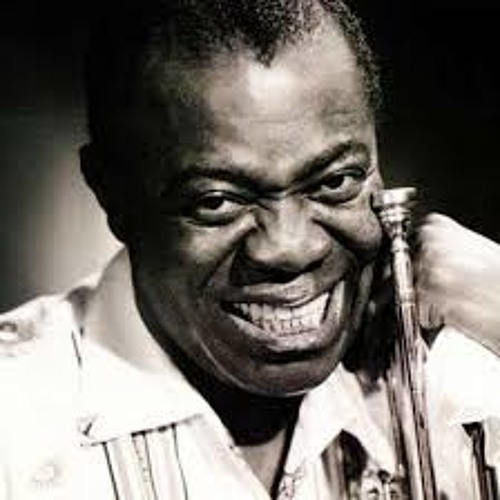Music has been an integral part of human civilization since ancient times, serving as a means of communication, entertainment, and self-expression. While the exact origins of music remain a mystery, the oldest recorded evidence dates back to the Upper Paleolithic period with the discovery of ancient bone flutes. Prehistoric music, although scarce due to the lack of written records, provided early humans with a way to commemorate hunting, religious rituals, and war victories. Over time, music evolved and took various forms, eventually leading to the music we know and appreciate today. This article explores the history of music, from its early beginnings to its transformation under influential figures like Pythagoras, Plato, Aristotle, and Ludwig van Beethoven.
What was music like before it became what we know today?
Music has been a part of human civilization for centuries, with its origins dating back to the Paleolithic period. However, prehistoric music is almost non-existent as early humans did not have a system for writing music down. Despite this, there are a few examples of prehistoric music records that can give us insight into what music was like in ancient times. One of these examples is the Divje Babe Flute, a prehistoric music artifact estimated to be around 60,000 years old. This flute was found in Slovenia and is considered the oldest known musical instrument in the world.
The Divje Babe Flute is similar in appearance to a recorder, with six holes instead of the usual four. It is believed that early humans used this flute-like instrument to communicate with each other. While the music produced by the flute was simple, it had deep meaning for early humans. Music served as a way for them to express themselves and their emotions, as well as to commemorate important events such as successful hunts, battle victories, and religious rituals. Music was an integral part of their everyday lives, shaping their identities as human beings.

Music in Ancient Greece
Ancient Greece was a hub of cultural and intellectual development, and music played a significant role in society at that time. One of the key figures in ancient Greek music theory was Pythagoras. He approached music from a mathematical perspective, breaking it down into different scales and pitches based on mathematical ratios. His theories laid the foundation for modern music theory and allowed for music to be played in different keys without altering the composition itself.
Other ancient Greek philosophers, such as Plato and Aristotle, also made notable contributions to music theory. Plato believed that music was a reflection of universal order, influencing human emotions and various aspects of life. For Plato, music was part of a larger whole that went beyond the realm of music itself. Aristotle, on the other hand, saw music as something subjective, with the power to evoke emotions in individual listeners. Both philosophers explored the relationship between music and human experience, contributing to our understanding of the significance of music in ancient Greece.

How Beethoven changed Music
In the late 1700s, music began to undergo a significant transformation. Classical music was a popular genre, and composers were experimenting with new styles and forms. One of the most influential figures of this time was Ludwig van Beethoven, a German composer who revolutionized music in many ways.
Beethoven’s impact on music theory and composition cannot be overstated. He placed a strong emphasis on instruments, showcasing their full potential and pushing the boundaries of what they could do. Prior to Beethoven, instruments were often seen as supporting elements in music, but Beethoven elevated them to the forefront, making them essential components of musical expression.
Additionally, Beethoven’s contributions to music theory were groundbreaking. He introduced new musical forms, providing composers with new avenues for exploration and self-expression. Modulation, the practice of changing keys or tones within a composition, became a prominent feature of Beethoven’s music. This added depth and emotion to his compositions, moving away from mechanical repetition and towards a more dynamic and expressive musical experience.
Overall, Beethoven’s influence on music cannot be understated. His emphasis on instruments, transformative approach to music theory, and innovative compositions changed the course of music history, shaping the music we know and love today.

Summary
Music has been an integral part of human civilization since ancient times. The origins of music can be traced back to the Paleolithic period, although little record of prehistoric music exists due to the lack of a written system. The Divje Babe Flute, estimated to be 60,000 years old, serves as one of the earliest examples of musical instruments and showcases the significance of music in ancient cultures.
In ancient Greece, philosophers such as Pythagoras, Plato, and Aristotle made significant contributions to music theory. Pythagoras’s mathematical approach to music laid the foundation for modern music theory, while Plato and Aristotle explored the emotional and philosophical aspects of music.
Ludwig van Beethoven, a composer of the late 18th and early 19th centuries, revolutionized music through his emphasis on instruments, innovative compositions, and transformative approach to music theory. His contributions changed the landscape of music, and his impact is still felt today.
Overall, the history of music is a rich tapestry of cultures, theories, and innovations, with each era contributing to the music we know and enjoy today.







